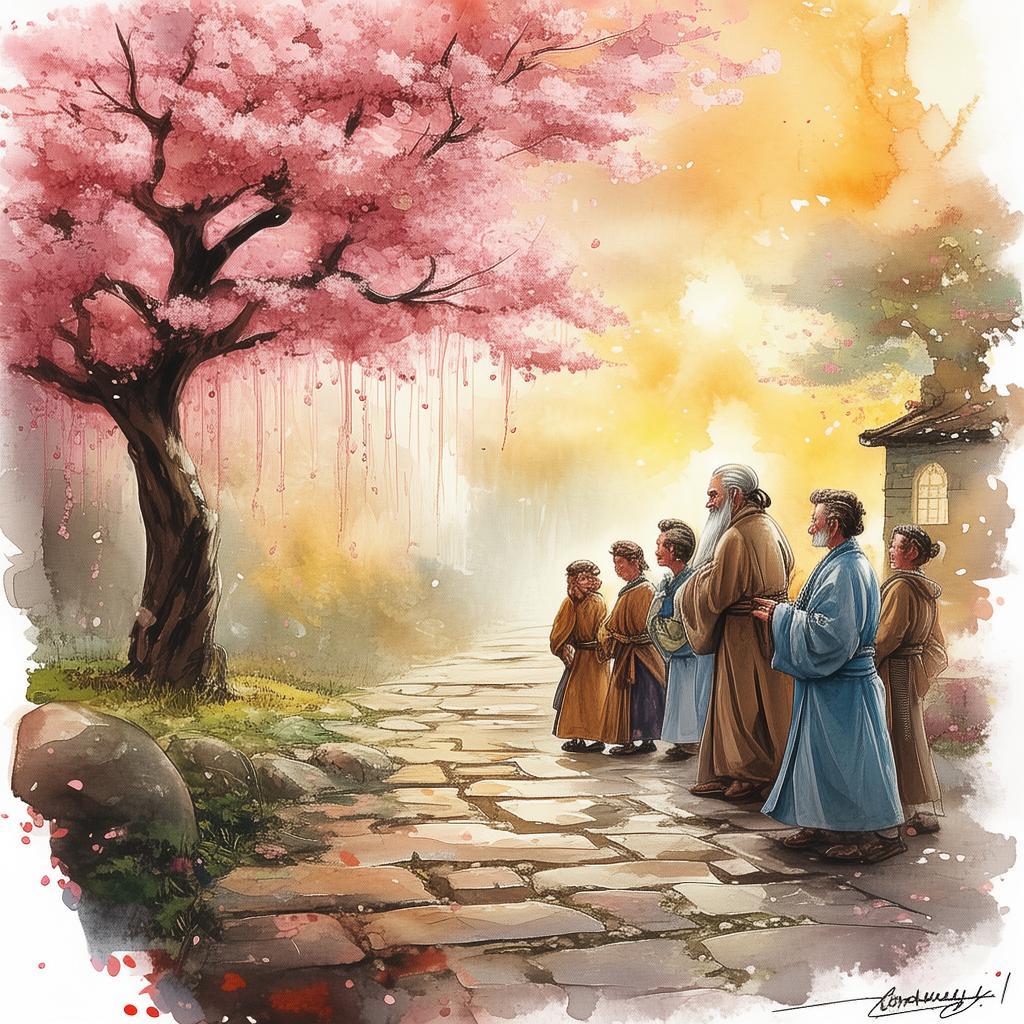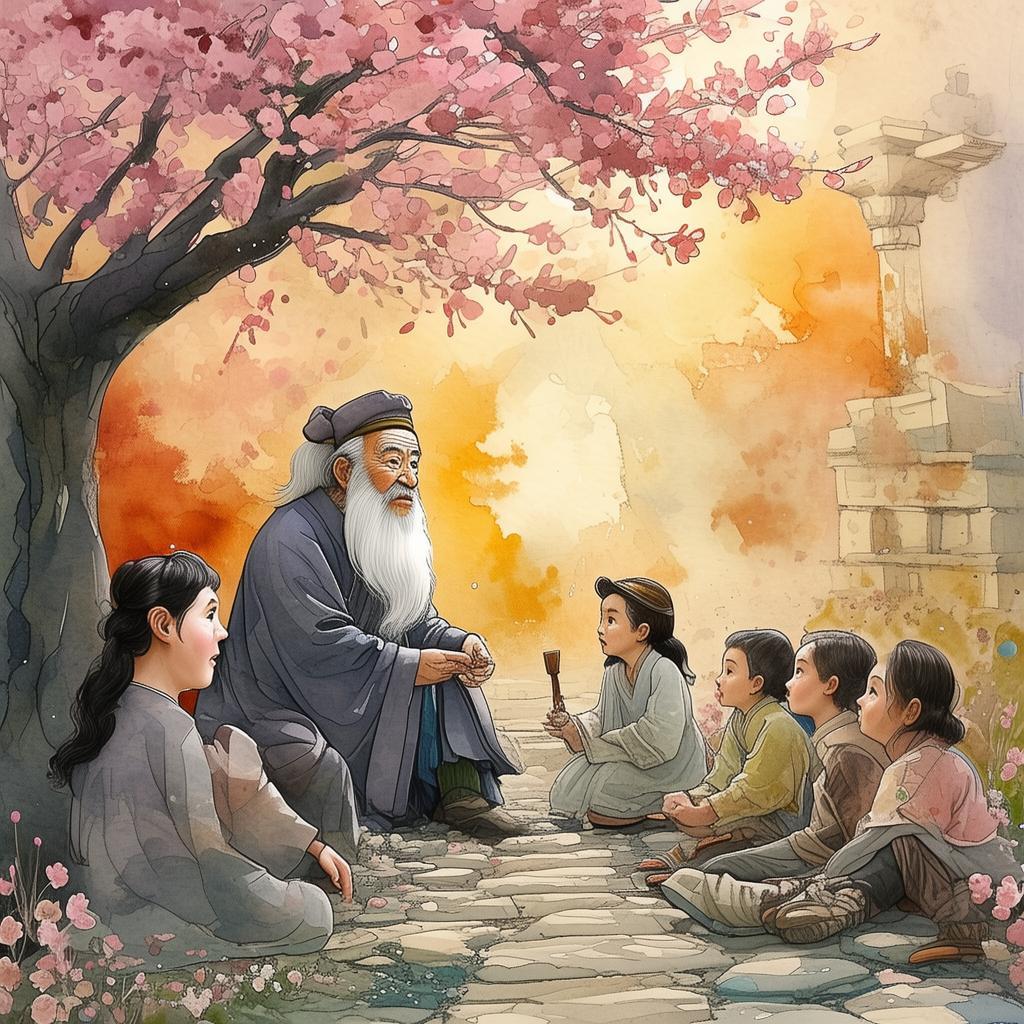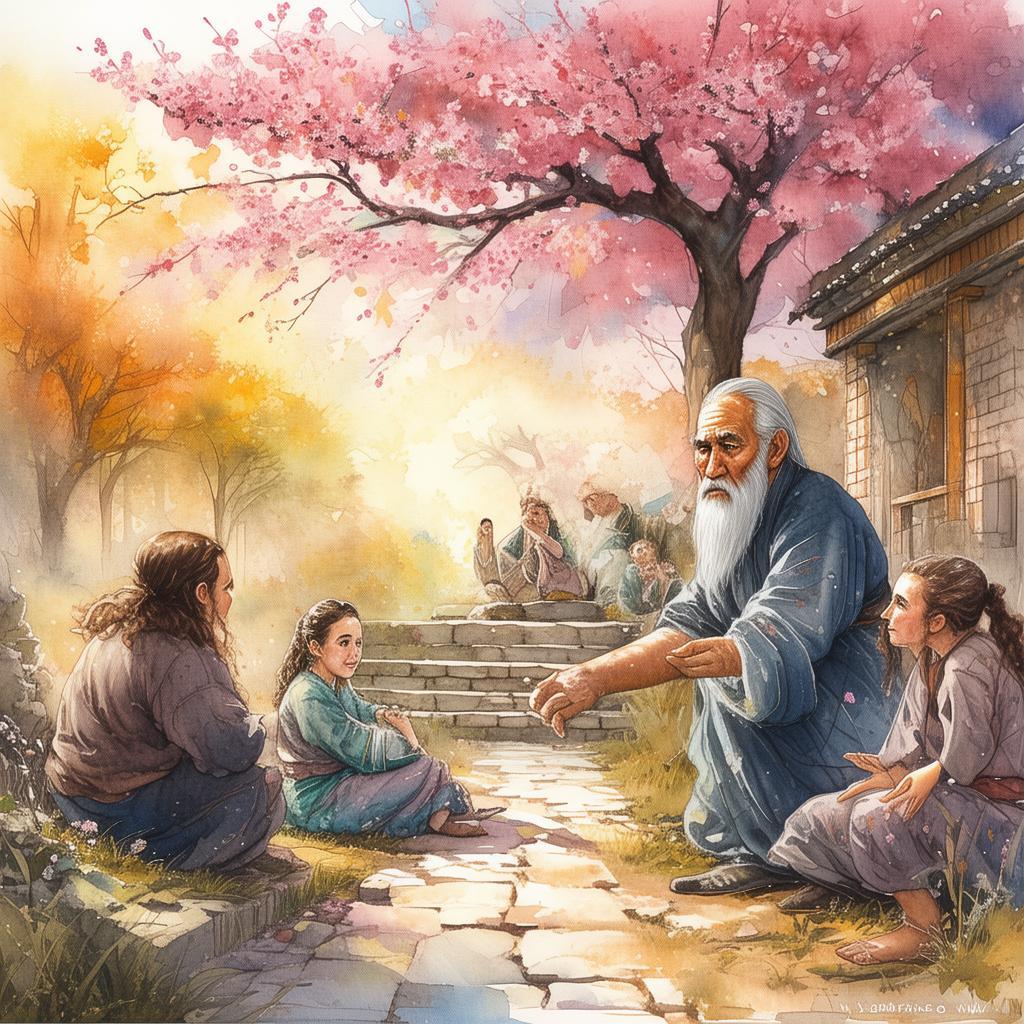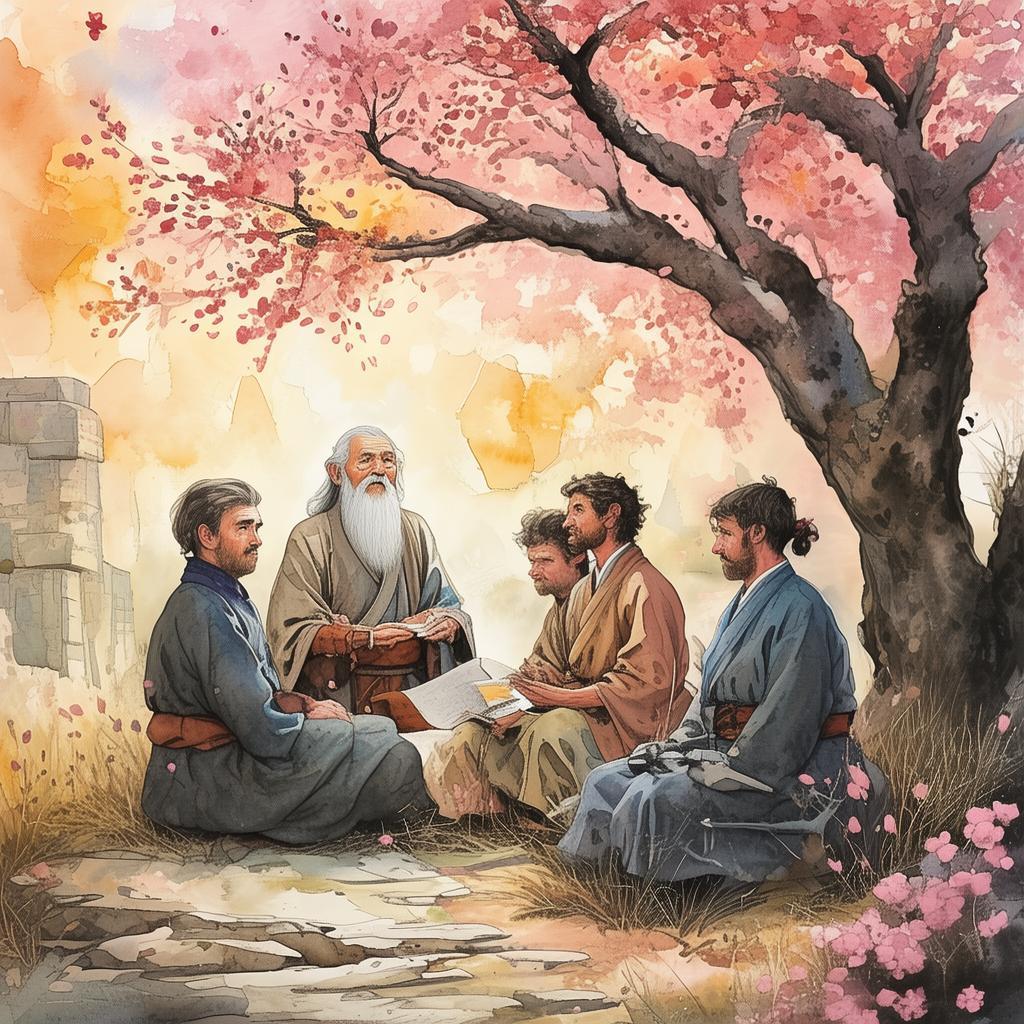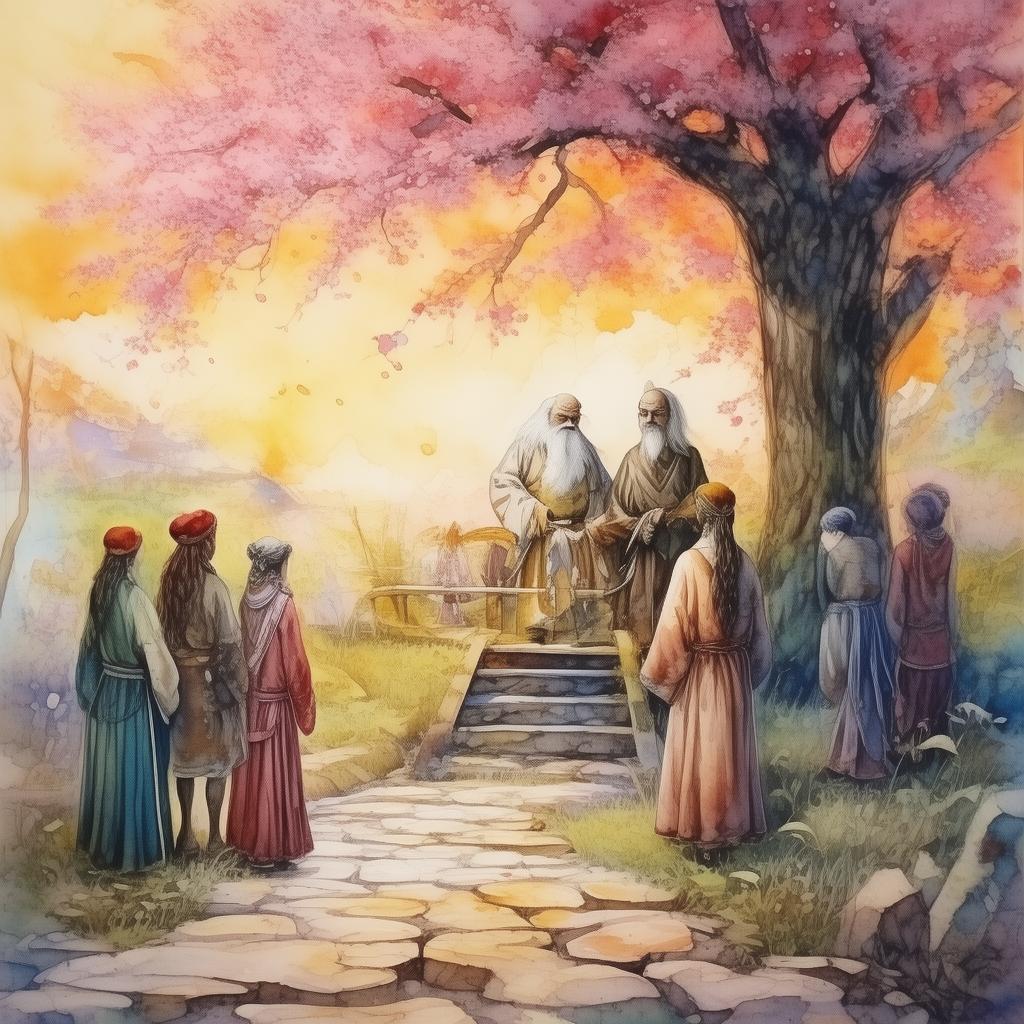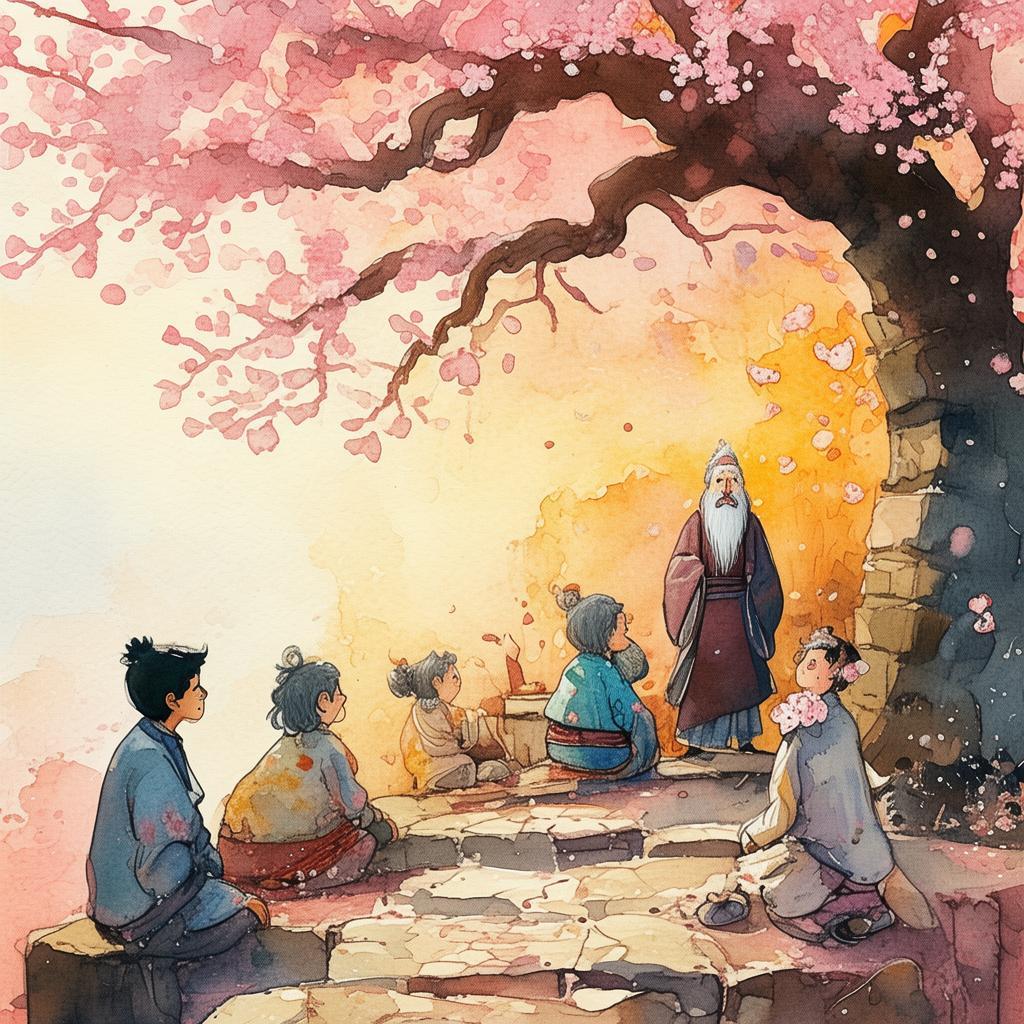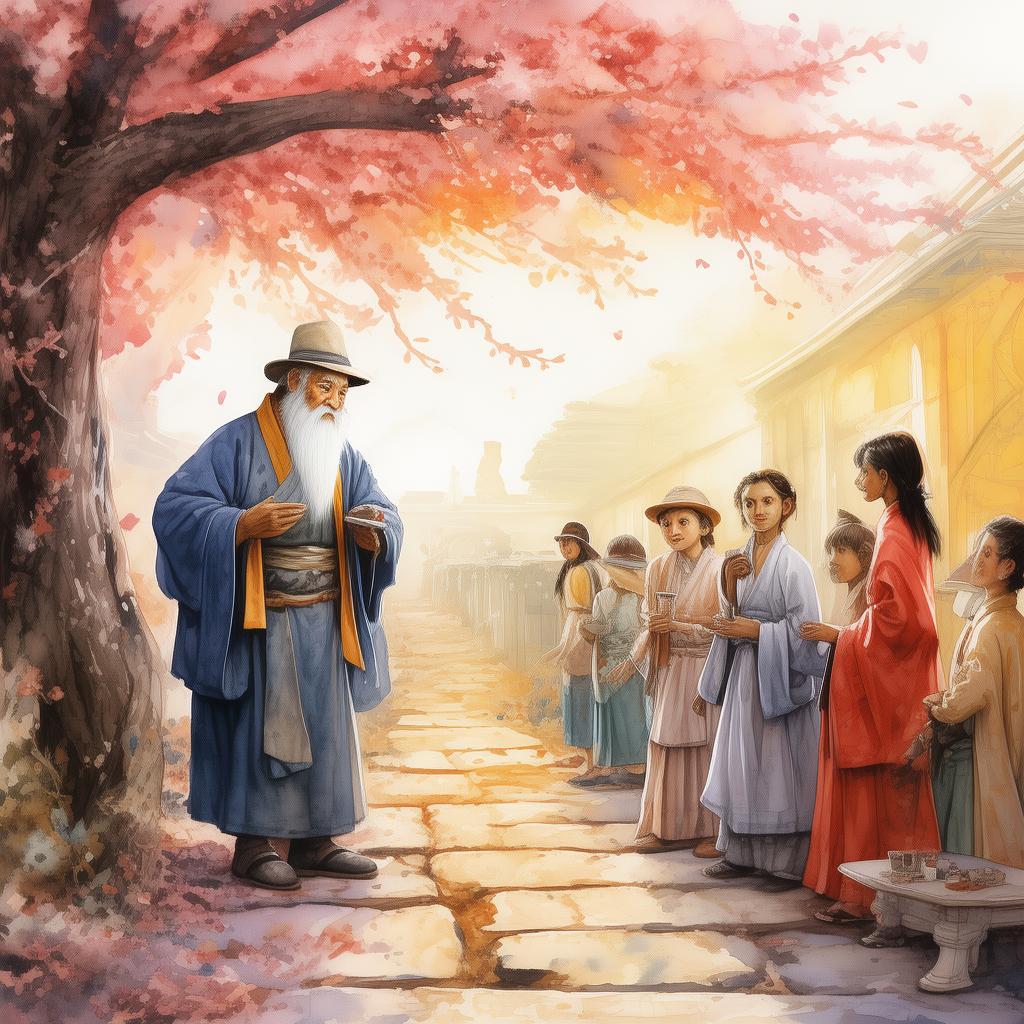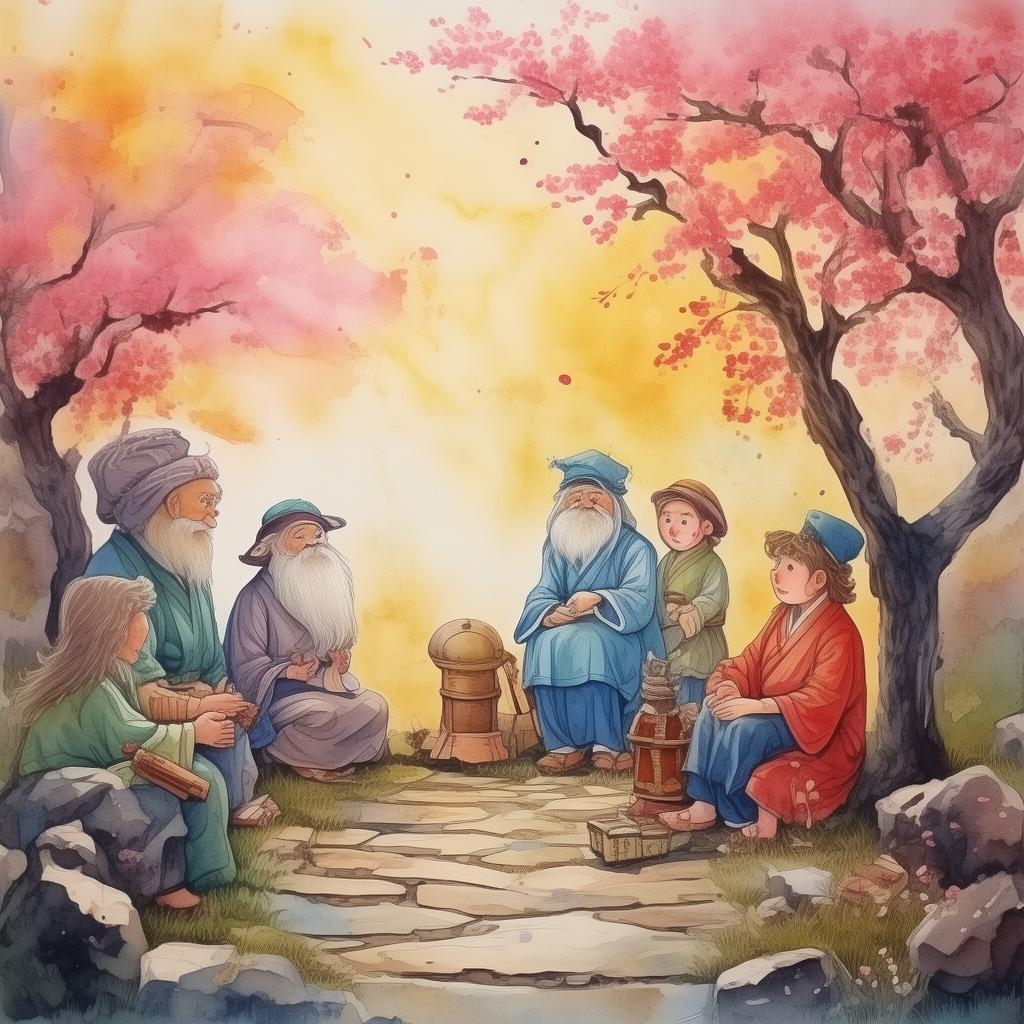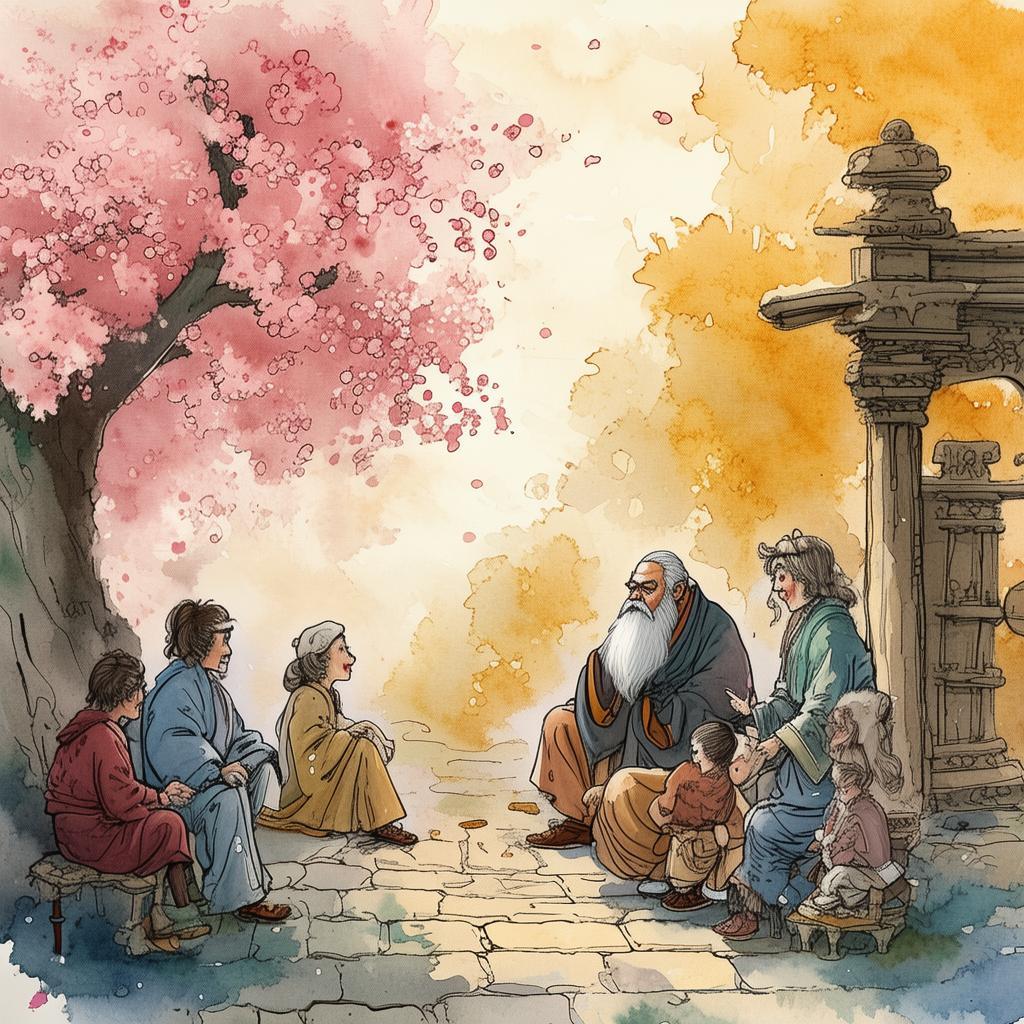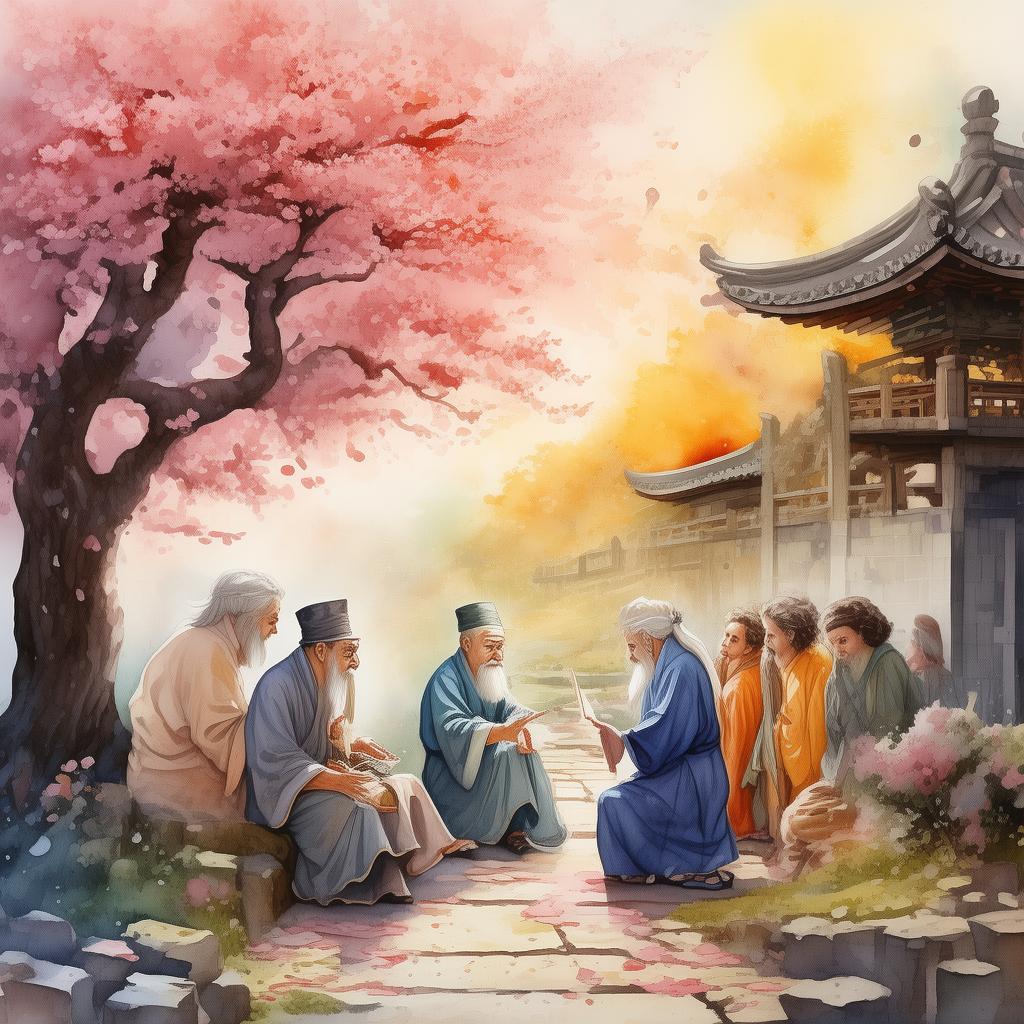Quantum Paradox: The Time-Twisted Proverbs
In the year 2145, a young scientist named Xiao Mei was working at the Quantum Classroom, a facility on the cutting edge of quantum research. The facility was known for its groundbreaking work in the field, particularly in the area of quantum paradoxes. Xiao Mei had always been fascinated by the concept of time travel, and she was on the verge of discovering a new way to manipulate the fabric of time.
One evening, as Xiao Mei was experimenting with a new device designed to observe quantum entanglement, an unexpected event occurred. A series of quantum particles began to form a peculiar pattern, and Xiao Mei felt a surge of excitement. She had just stumbled upon a new way to create a stable time loop.
With the help of her colleague, Liang, Xiao Mei set up the first test of their device. They chose to send a single proverb, "A stitch in time saves nine," into the past, hoping to demonstrate its potential. However, they had no idea that this seemingly simple experiment would unravel a complex tapestry of time and paradox.
As the proverb traveled back through time, it impacted the decisions of a young tailor named Ming. Ming, who was facing a deadline to deliver a wedding dress, found himself in a bind. He had only enough thread to finish the hem, but he had no time to make more. Just as he was about to give up, he heard the proverb echoing in his mind. It gave him the confidence to continue, and he managed to finish the dress just in time.
The next day, Ming learned that his dress was the perfect fit for the bride, and he received a bonus for his timely work. He was overjoyed, feeling that the proverb had truly saved him. Little did he know, this single event was about to set off a chain of events that would change the course of history.
As time went on, more proverbs were sent back into the past, each affecting a different person and situation. The proverb "May you live in interesting times" motivated a group of innovators to push the boundaries of technology. "Better late than never" encouraged a late developer to finally publish his book, which would later inspire a generation. The proverb "Look before you leap" prompted a cautious investor to avoid a risky deal, saving him from financial ruin.
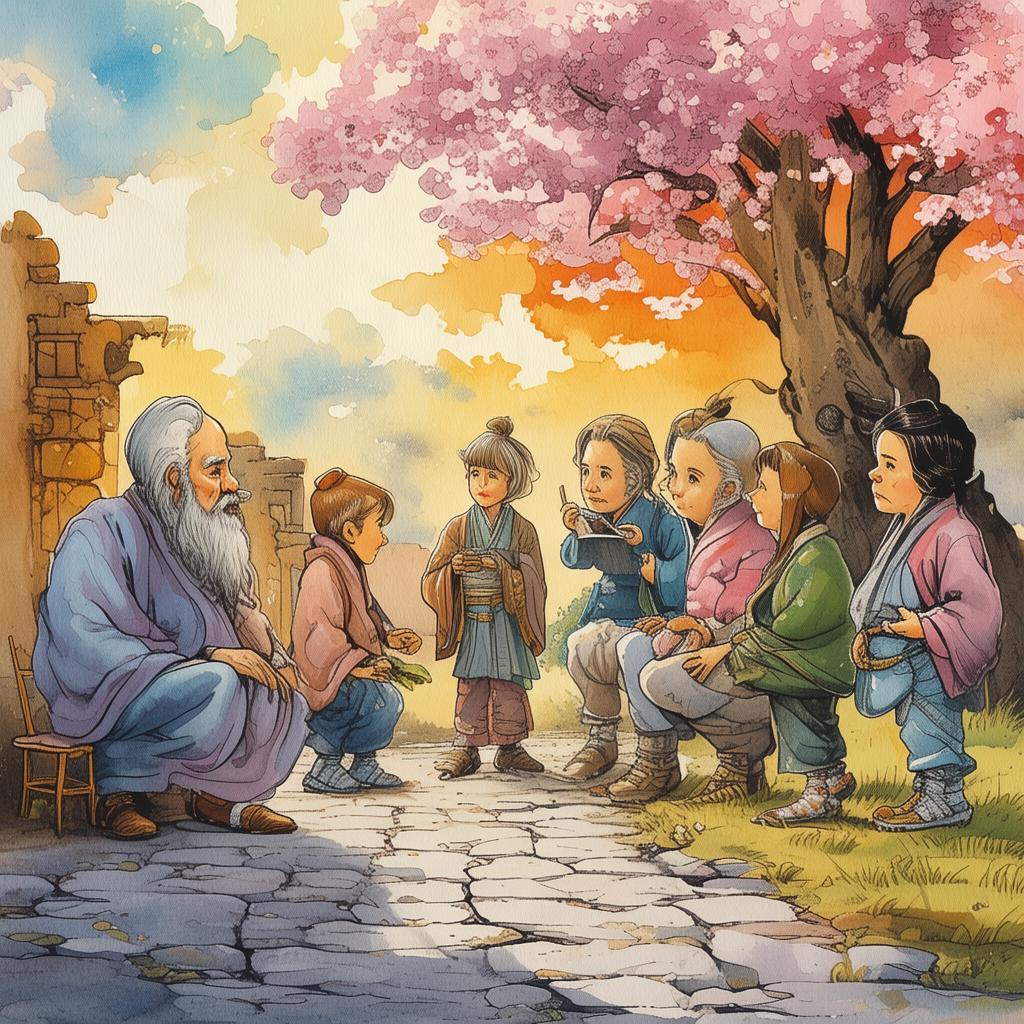
But as Xiao Mei and Liang continued to experiment, they began to notice strange patterns emerging. People from the past seemed to be experiencing the same events, yet their actions were different. They realized that the proverbs were creating a paradox—a loop of cause and effect that was impossible to break.
Xiao Mei and Liang worked tirelessly to find a solution, but the more they tried, the more entangled they became in the paradox. One night, as Xiao Mei was contemplating the situation, she had an epiphany. She realized that the paradox was a result of their overconfidence in the power of their device. They had underestimated the complexity of time and the unintended consequences of their actions.
Determined to rectify their mistake, Xiao Mei and Liang decided to send a different kind of message back through time—a message of caution and humility. They chose the proverb "The more you know, the more you realize you don't know," hoping to remind people to be careful with their actions and to recognize the limitations of human knowledge.
As the message reached the past, it had a profound effect on the future. People began to approach their challenges with more humility, recognizing that they were part of a vast, interconnected universe. The paradox began to unravel, and the fabric of time slowly returned to its natural state.
In the end, Xiao Mei and Liang learned a valuable lesson about the fragility of time and the importance of understanding the consequences of our actions. The Quantum Classroom, once a beacon of scientific discovery, had become a place of reflection and caution, a reminder that even the most well-intentioned experiments can have unforeseen and paradoxical results.
As Xiao Mei looked back at the device that had started it all, she realized that the true power of the Quantum Classroom was not in the technology itself, but in the lessons it taught about the human condition. With a newfound respect for the mysteries of the universe, she knew that there was much more to learn, and many more paradoxes to unravel.
✨ Original Statement ✨
All articles published on this website (including but not limited to text, images, videos, and other content) are original or authorized for reposting and are protected by relevant laws. Without the explicit written permission of this website, no individual or organization may copy, modify, repost, or use the content for commercial purposes.
If you need to quote or cooperate, please contact this site for authorization. We reserve the right to pursue legal responsibility for any unauthorized use.
Hereby declared.
